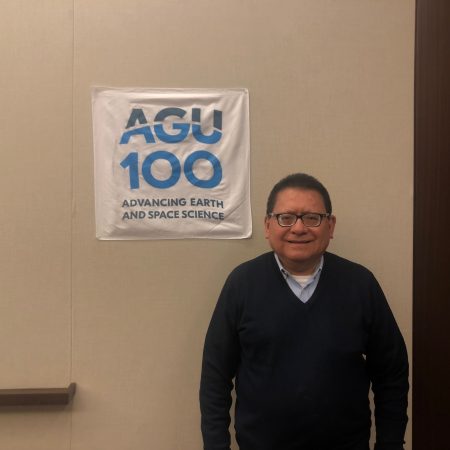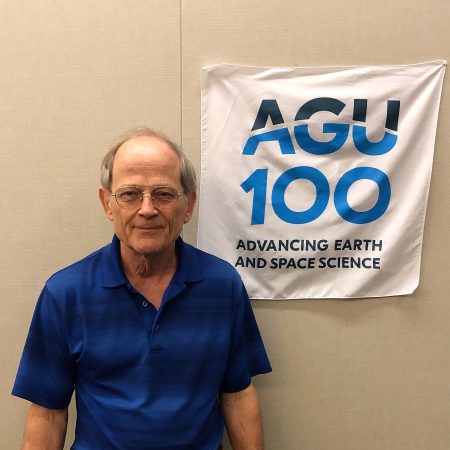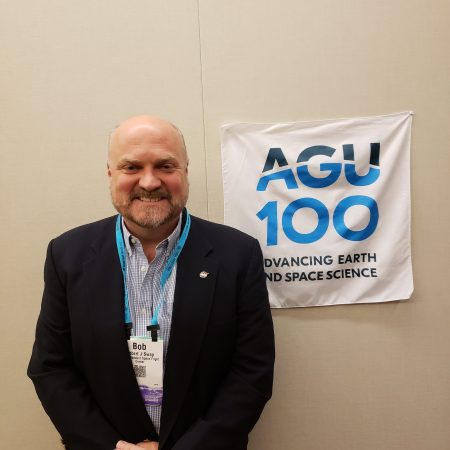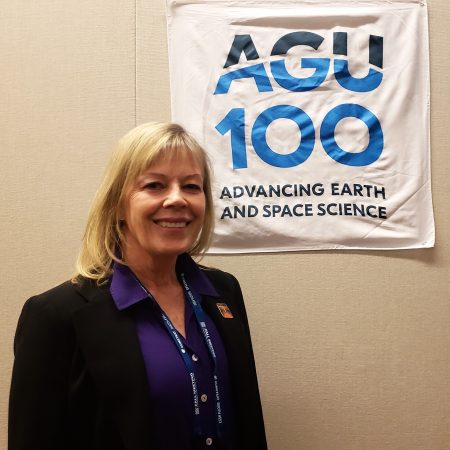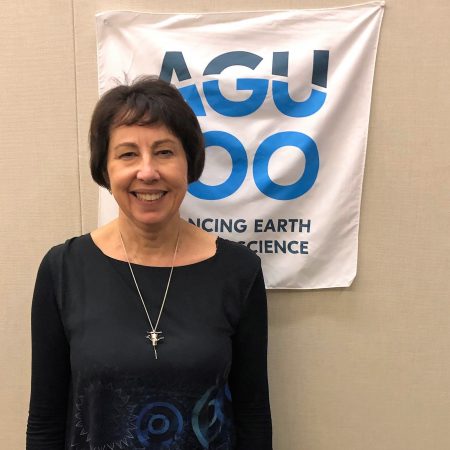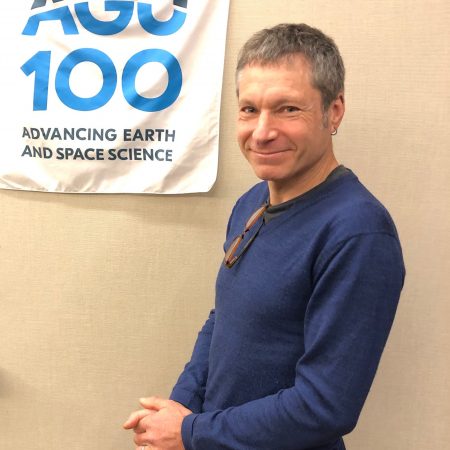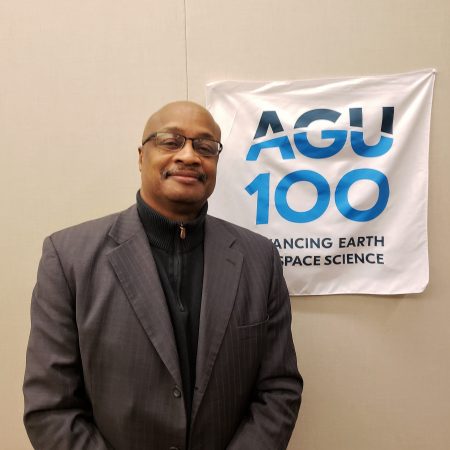Refine
Date Range Clear
Recorded by Clear
Keywords Clear
Partnerships Clear
- No matching terms.
Organizations Clear
- American Geophysical Union 20
- National Aeronautics and Space Administration 7
- Ameican Geophysican Union 1
- American Red Cross 1
- European Geophysical Union 1
- 5 more
Places Clear
- Washington DC 79
- AGU 2018 Fall Meeting 77
- Leadership Development Commitee 2
- AGU 1
- AGU2018 Fall Meeting 1
- 5 more
Languages Clear
Initiatives Clear
- No matching terms.
Mara Jill Herman (Astoria) interviews her mom Emmi S. Herman (Searingtown) on Mother's Day, 5.9.2021. They chat about community, collaboration, vaccine awareness, and legacy.
An inspiring physics teacher, a lesson on the Copernican Revolution, and an immense awe sparked by the night sky ignited a passion for learning and research for Dr. Thomas Zurbuchen, Associate Administrator for NASA's Science Mission Directorate. Dr. Zurbuchen shares...
Linda Geiser and Peter Nelson tell their own stories and reflect on the impact they’ve had on each other lives. They’re both currently with the US Forest Service but first met when Linda hired Peter after he finished university to...
Erin Robinson is the Executive Director of the Earth Science Information Partners (ESIP). She knew from early on that she was interested in science and her field of remote sensing, from good science teachers in middle and high school to...
Michael Wong is just as comfortable talking about science as he is with working on it. Currently a post doc at the University of Washington in Seattle, he talks about his work and path through science, from being inspired as...
Louise Prockter knows a thing or two about logistics and planning. When the first image of the unseen hemisphere of Mercury popped onto the screen during a flyby mission, her first thought was, "oh thank God, it's in the middle...
Krystal Yhap’s interest in urban water resource management was sparked by the conversations around water safety in Flint, MI. She’s now a graduate assistant at the University of Maryland studying the water system in San Francisco. She talks about her...
Shelby Hurst grew up in northern Michigan where she spent plenty of time poking at and asking questions about the rocks in her grandparents’ backyard, which eventually led her to a PhD in geochemistry. She discusses the importance of women...
Susan Bates has always been interested by the physical world and especially the ocean. She remembers standing on the beach as a kid in North Carolina wondering where the waves came from. Now, she gets to predict what the ocean...
Jeremy Werdell, an Oceanographer in the Ocean Ecology Laboratory at NASA Goddard Space Flight Center, discusses his lifelong passion for studying the ocean, which started with a school field trip to a marine biology lab. He describes how happening to...
Rosaly Lopes is a planetary geologist at NASA’s Jet Propulsion Lab. She discovered seventy-one new volcanoes on IO, for which she was recognized in the Guinness Book of World Records. She uses her research into the surface of other planets...
Sarah Vines and Robert Allen once drove twenty hours to see a spaceship launch. Now, Sarah and Robert are married, post-doctoral students working in the laboratories of Johns Hopkins University. Sarah researches how magnetic fields form, and what earth’s magnetic...
This Sao Paolo, Brazil based senior space research scientist is best known for explaining geomagnetic storms. In 2017, he received an AGU prize for “cutting-edge work” on space weather and processes. He remembers being a UC Berkeley graduate student in...
Why do people feel they way they do about issues? Why do lawmakers and policy leaders seemingly act against their better interests? And how can information be developed in a way that leads not just to greater understanding, but to...
Bruce Wielicki, a NASA Langley climate scientist, discusses his collaboration with economists to help non-scientists understand how climate change will hit them in the wallet, and how they could reduce that risk with modest investments in improved climate science. He...
Glenn Orton is so deep in Jupiter mission information that he gets envious when he’s not involved in a space project studying the gas giant. The senior research scientist at the NASA Jet Propulsion Laboratory studies the composition and structure...
On the football field, Bob Swap learned to read the field, look at the play, assess the information, and move forward. Today, those same skills help him manage over 250 scientists at the Goddard Space Flight Center with NASA’s Pandora...
How did Biogeoscience become a recognized field of study, with its own journal and sections at AGU? What obstacles did its organizers have to overcome in order to make it a viable field and a welcome presence at AGU? In...
By his own count, Chuck McClain has had six mentors in his career. His first may have been a teacher in Kansas City who took him to his first physics demonstration. Since 1978, he’s worked at NASA Goddard Space Flight,...
Imagine this upbringing: only child, suburbs of Maryland, daughter of a mathematician and a pastry chef. If you guessed that child would achieve a management role with NASA’s famed IceBridge2 mission, congratulations, you truly have exceptional foresight. Linette Boisvert McPartland...
Laurie Cantillo, the Deputy Director of Communications and Education at the Jet Propulsion Laboratory, talks about her journey to become a science communicator. She developed an interest in science at an early age spending time in the outdoors with her...
Just a few short months ago, Nicola Fox took over as Director of NASA’s Heliophysics Lab. She’d been prepping for the role a lifetime, however, recounting how she started her scientific career when she was eight months old, thanks to...
Jonathan Bamber has always loved to climb mountains. It’s why, when he wrote an essay about ice crystal formation in clouds as an 18-year-old undergrad, he found his calling studying glaciers and the natural environment. He’s traveled the world as...
Brian Day, of NASA’s Solar System Exploration Virtual Institute, leads a group of scientists in visualization and analysis of spacecraft data. Brian was taught that there’s no water on the moon, there’s no atmosphere on the moon, and the moon...
How can scientists tell the story of science so that the public listens and understands? Dwayne Brown is the Senior Communication Officer for the Science Directorate at NASA and works with hundreds of scientists to communicate their ideas on television,...
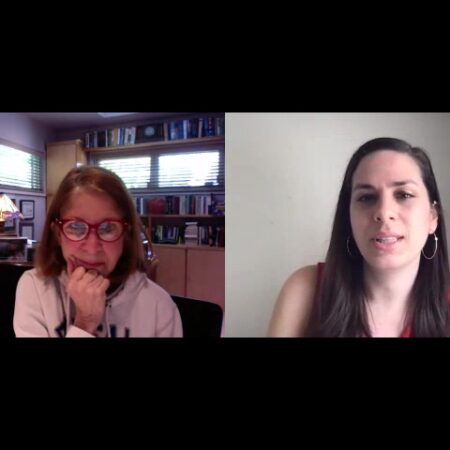
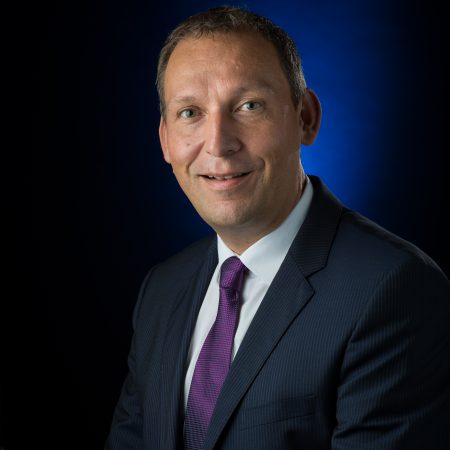
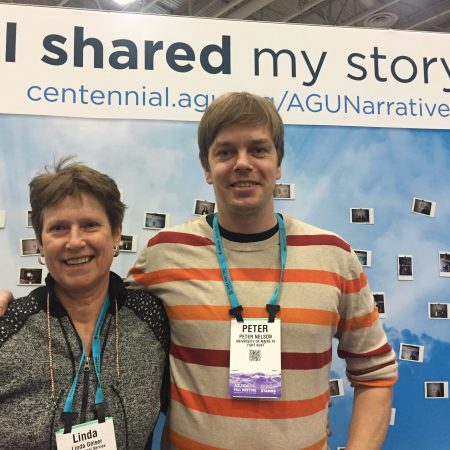

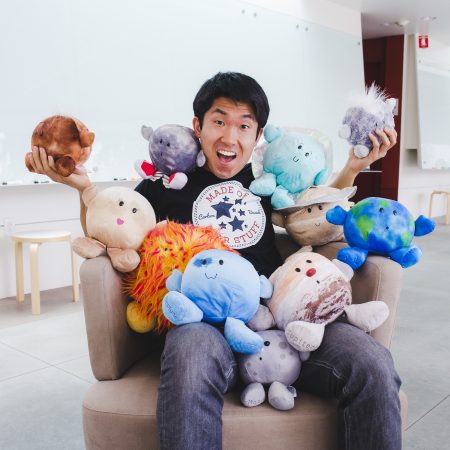

![“I'd love to see more collaboration happen and [it is] integral in terms of science working in the future.” An interview with Krystal Yhap](https://archive.storycorps.org/uploads/2019/07/Headshot-KYhap-450x450.jpg)
![“I enjoy knowing that a lot of people do care about [the climate] and they care to learn about it.” an interview with Shelby Hurst](https://archive.storycorps.org/uploads/2019/07/Shelby-Hurst-crop-450x450.png)
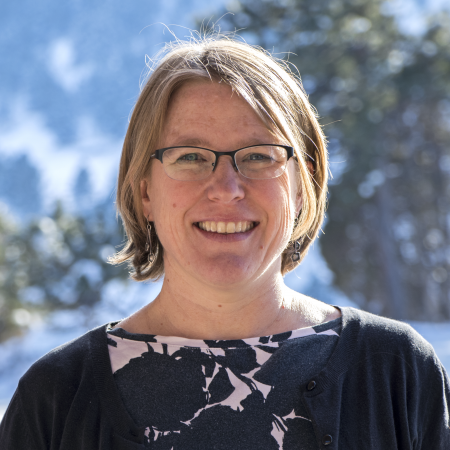
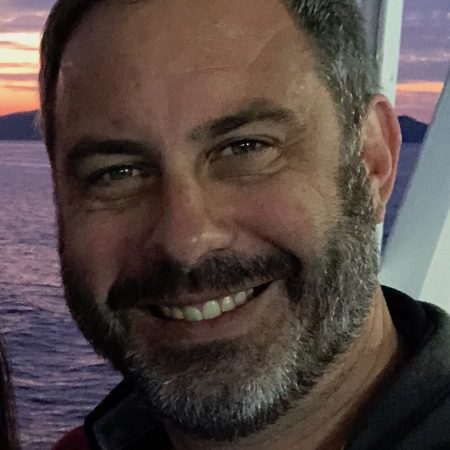
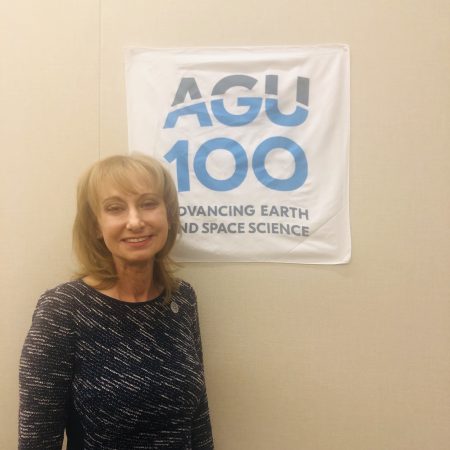
!["[Science] lets us imagine things we hadn't thought possible." an interview with Sarah Vines and Robert Allen](https://archive.storycorps.org/uploads/2019/07/Sarah-Vines-w-Robert-Allen.jpg)
